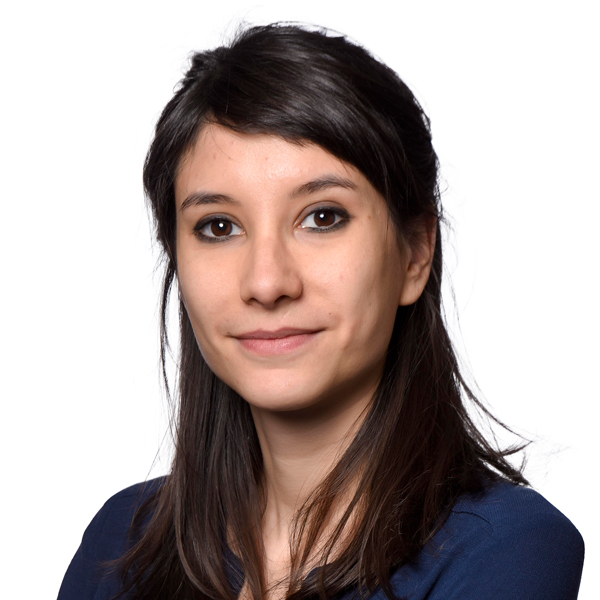ETHE, in the first quartile of Education worldwide
Subject: Multidisciplinary
The journal ETHE (International Journal of Educational Technology in Higher Education) is in the first quartile of Education and the second of Applied Computer Science.
The publication of a scientific article is the tip of the iceberg of publishing work, the result of hours of research at a university or research centre. To increase the impact and visibility of articles, a lot of work both before and after publication is needed: you need to optimize the positioning of the article in the search engines, publicize it in social media and academic and professional networks, and make visual presentations and disseminate them. It is ongoing and planned work, and the results come in the long term.
There are indicators that serve to measure the impact of scientific articles and publications. These range from the traditional impact factors, which measure the impact through calculation of the citations received in a journal, to alternative metrics (altmetrics), which measure articles individually, adding the impact in social media, in the media and in the official reference documents. In all of these metrics, the International Journal of Educational Technology in Higher Education (ETHE), devoted to research in e-learning, achieves outstanding results.
Good results in the Scopus CiteScore 2016
The Scopus database provides various indicators. Most notable is CiteScore, which measures the relationship between the citations received over a three-year period and the number of articles published by the journal. The results of ETHE in the two disciplines in question are excellent news for its editorial team, authors and readers, and for the UOC.
The impact factor of ETHE in CiteScore for 2016 is 1.33. This index places the journal in the first quartile (Q1, percentile 76) in the field of “Education”, while in “Computer Sciences Applications”, where it appears for the first time, it is in percentile 55, ie the second quartile, Q2.
In the coming days, Scopus will also publish the traditional SNIP and SJR indexes, which are expected to confirm these good results.
According to the journal's co-director, Josep Ma. Duart, “this result is the outcome of years of coordinated work with the reviewers, the editors of the dossiers, the authors and the journal's editorial team.”
Internationalization of the journal
The ETHE journal is a co-publication by the Universitat Oberta de Catalunya and the University of Los Andes (Colombia) and is directed by Josep M. Duart (UOC), Álvaro Galvis (UniAndes) and Rosalind James (University of New England, Australia).
Its internationalization has become more firmly established in the last semester: 89% of authors are from outside Spain, and 116 reviewers from 34 countries have taken part in the journal's scientific review process. In 2017, articles were published by authors from Asia and the Americas, as well as from Africa and Europe. Of these articles, three are part of the dossier on Games and simulation in higher education edited by Angel A. Juan, Birgit Loch, Sebastian Ventura and Thanasis Daradoumis; the remaining articles in this gaming-themed issue will be published in July.
Parallel to this, the publication of a dossier on instructional design is scheduled for the coming months, with another on blended learning for early 2018. The journal has three calls out for forthcoming collections of articles: More than tools? Critical perspectives and alternative visions of technology in higher education; Mixed methods research in educational technology in higher education; and Universities of the future: educational and organizational challenges and possibilities.


